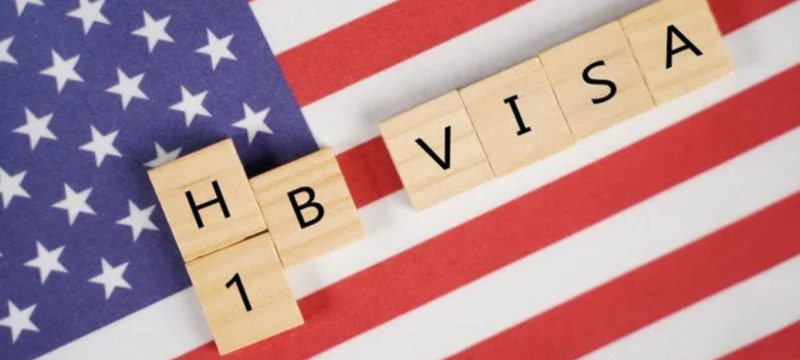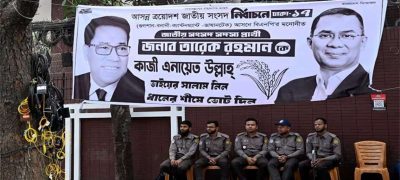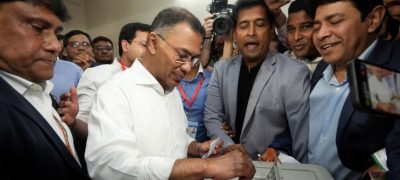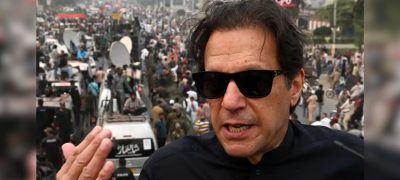U.S. Secretary of State Marco Rubio has emphasized that US visas are privileges, not rights, as part of a renewed push for stricter immigration enforcement, particularly with former President Donald Trump’s potential return to office.
Speaking on Fox News, Rubio reiterated the Trump administration’s firm stance on immigration, stating that U.S. entry is reserved for those who “respect American laws and values” and positively contribute to the nation.
Read more: Harvard Stands Up to Trump, Risks $2.3 Billion in Federal Funding
Rubio’s comments came amid increased scrutiny of foreign students, particularly those involved in pro-Palestinian protests following the October 7, 2023, attacks on Israel. He criticized what he called “disruptive” and “antisemitic” behavior by some international students, warning that U.S. visas could be revoked if the holders fail to meet eligibility criteria. He also highlighted that the State Department, along with other agencies like the Department of Homeland Security, actively monitors and revokes visas when violations occur.
The Secretary referred to the Immigration and Nationality Act, which grants broad authority to revoke visas for individuals engaging in terrorist-related activities. He pointed to protests on U.S. campuses, where students blocked highways and staged sit-ins, as evidence of the disruption caused by certain foreign nationals. Rubio made it clear that the Trump administration would take decisive action against such behavior in the future.
While over 1.1 million international students currently study in the U.S., Rubio’s comments reflect mounting pressure from lawmakers and donors concerning how universities have handled pro-Palestinian activism. He also clarified that foreign nationals don’t enjoy the same constitutional protections as U.S. citizens, citing previous Supreme Court rulings that visa holders cannot use the First Amendment to defend actions supporting foreign terrorist organizations.
These remarks are expected to fuel concerns among student and immigrant advocacy groups, who warn that linking political activism with national security threats could erode academic freedom and civil liberties.









